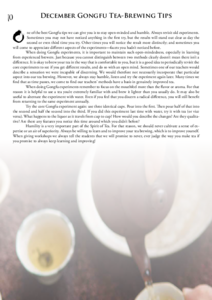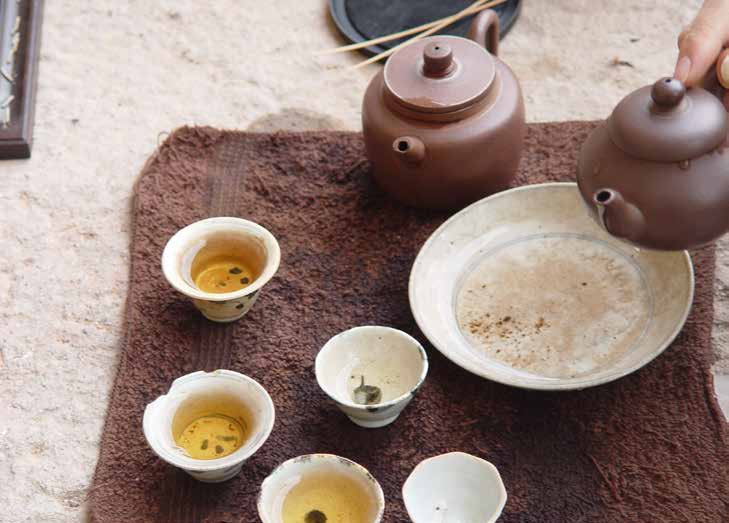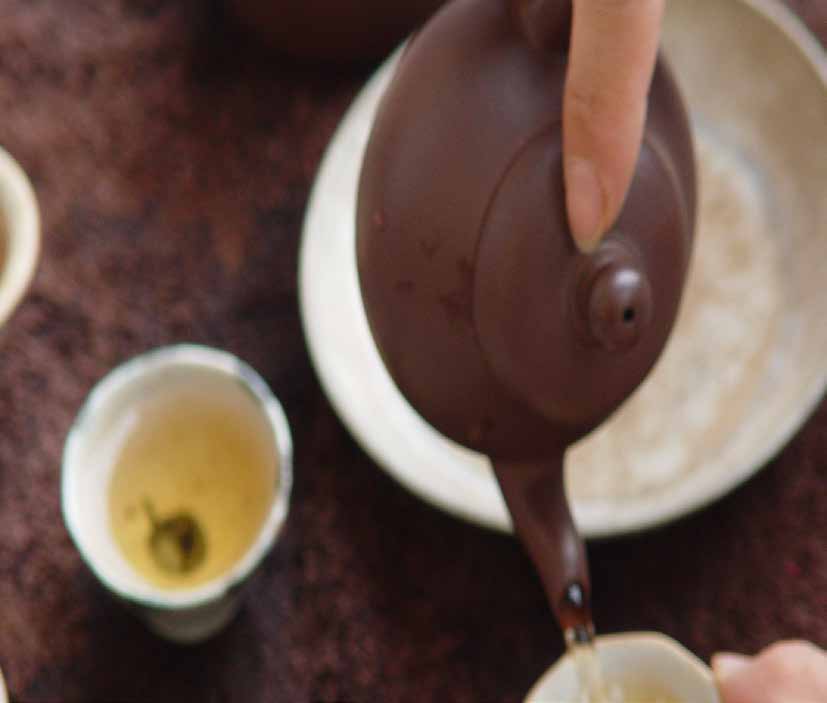
 |
|
One of the best Gongfu tips we can give you is to stay open-minded and humble. Always revisit old experiments. Sometimes you may not have noticed anything in the first try, but the results will stand out clear as day the second or even third time you try. Other times you will notice the result more distinctly; and sometimes you will come to appreciate different aspects of the experiments - facets you hadn't noticed before.

When doing Gongfu experiments, it is important to maintain such open-mindedness, especially in learning from experienced brewers. Just because you cannot distinguish between two methods clearly doesn't mean there isn't a difference. It is okay to brew your tea in the way that is comfortable to you, but it is a good idea to periodically revisit the core experiments to see if you get different results, and do so with an open mind. Sometimes one of our teachers would describe a sensation we were incapable of discerning. We would therefore not necessarily incorporate that particular aspect into our tea brewing. However, we always stay humble, listen and try the experiment again later. Many times we find that as time passes, we come to find our teachers' methods have a basis in genuinely improved tea.
When doing Gongfu experiments remember to focus on the mouthfeel more than the flavor or aroma. For that reason it is helpful to use a tea you're extremely familiar with and brew it lighter than you usually do. It may also be useful to alternate the experiment with water. Even if you feel that you discern a radical difference, you will still benefit from returning to the same experiment annually.

Try the core Gongfu experiment again: use three identical cups. Pour into the first. Then pour half of that into the second and half the second into the third. If you did this experiment last time with water, try it with tea (or vice versa). What happens to the liquor as it travels from cup to cup? How would you describe the changes? Are they qualitative? Are there any features you notice this time around which you didn't before?
Humility is a very important part of the Spirit of Tea. For that reason, we should never cultivate a sense of expertise or an air of superiority. Always be willing to learn and to improve your tea brewing, which is to improve yourself. When giving workshops we always tell the students that we will promise to never, ever judge the way you make tea if you promise to always keep learning and improving!
